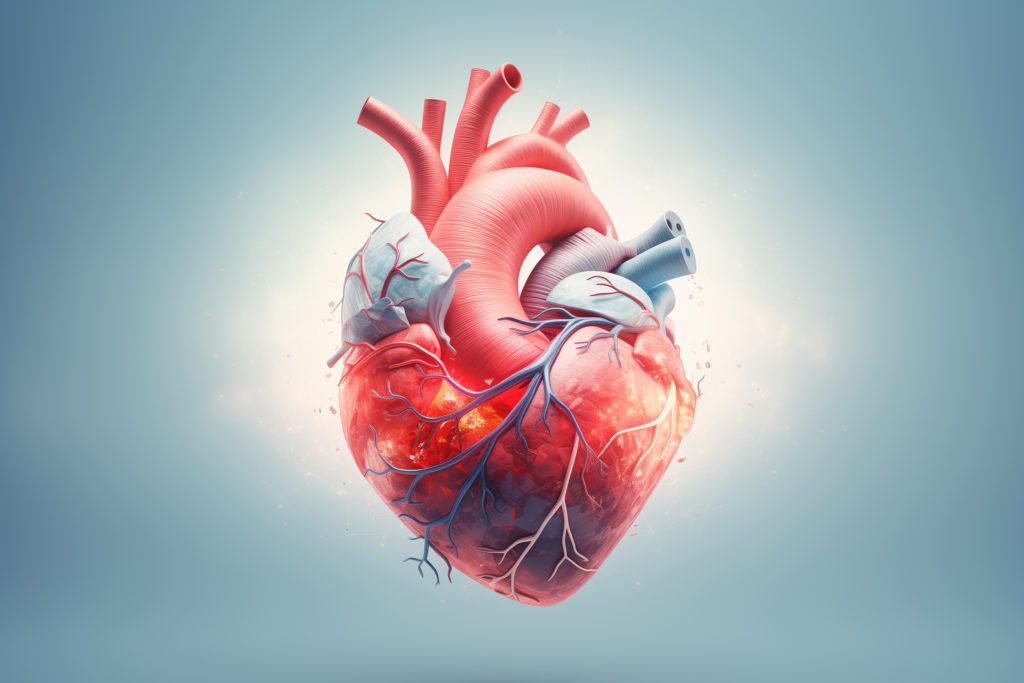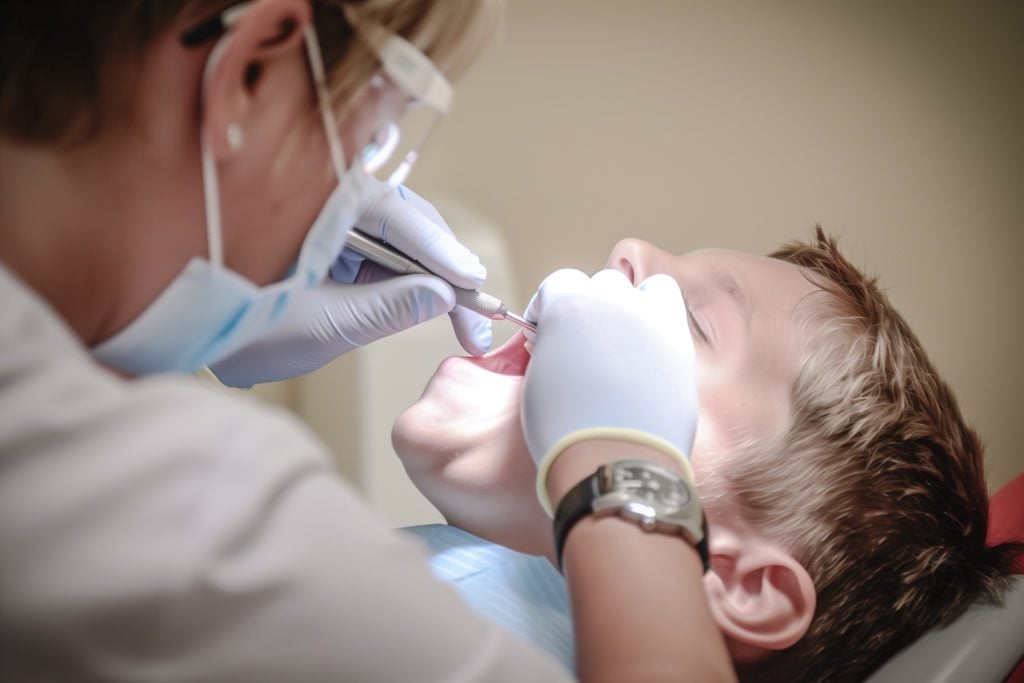
Headaches Upon Waking: Uncovering the Causes of Morning Fatigue and Pain
Learn about what may cause a headache when waking in the morning and what you can do to banish morning headaches, pain, and fatigue.

Headaches are never pleasant, and they can be especially cumbersome when they’re there to greet you first thing in the morning, from the moment you open your eyes.
That’s no way to start your day.
Have you ever wondered what causes morning headaches and, more importantly, what can you do to stop them from happening? We have, so we’ve searched through the research to bring these answers to you.
When you start your days with headaches more often than not, don’t assume this is your new normal. There are steps you can take to determine the cause of your headaches, reduce their frequency, and (potentially) banish them once and for all.
Why Do I Wake Up with a Headache?
Are you waking up with headaches? Here’s some of what we know:
The headaches we wake up with begin forming long before our eyes open. It’s generally believed that they start developing when our brain transitions from sleep to wakefulness because, during this time, your brain becomes more responsive to touch, sound, and body position changes as it starts to “wake up.” However, this increased sensitivity can also make you more susceptible to pain.
The headache may also be a delayed reaction of your hypothalamus, the part of the brain that regulates both pain and sleep. If your hypothalamus is provoked while you’re asleep, you may not be able to tolerate pain as well and feel it when you wake up.
Let’s explore some of the reasons why you may wake up with a headache.
Too Little or Too Much Sleep
Have you ever stayed up too late, only to wake up the next morning with a headache? This is because sleep deprivation leaves you with less time in rapid eye movement (REM) sleep and lessens your body’s ability to withstand pain, both of which increase the likelihood of a headache (and may make the headache more painful).
The opposite end of the spectrum can also cause pain, though. Too much sleep may clash with serotonin, the hormone known for giving you a mood boost. Serotonin also maintains your circadian rhythm and tells your body to “wake up,” increasing its need for food and water. If you oversleep, though, you miss these cues, and this mild nutrient deficiency and dehydration may be the cause of your headache when you wake up.
Snoring
Snoring occurs when the muscles in the airways relax, making it harder for air to pass through. This causes the sound we all associate with snoring.
While snoring may keep up a partner, it can also cause morning headaches, with 23.5% of frequent snorers in one study regularly waking up with headaches. If you have a history of insomnia, migraines, or psychological concerns, your risk of a morning headache is even higher.
Sleep Apnea
Sleep apnea is a sleep disorder characterized by disrupted or stopped breathing, and one of the biggest tell-tale signs of sleep apnea is loud snoring—although not everyone who snores has sleep apnea.
A common symptom of sleep apnea is headaches, likely because of the snoring that occurs with sleep apnea. However, those with sleep apnea often find that treating their sleep apnea, such as with a CPAP machine, can reduce and sometimes eliminate their morning headaches.
Teeth Grinding
Does pain around your jaw accompany your morning headache? The cause may be sleep bruxism, also known as tooth grinding or jaw clenching in your sleep. The tension this produces in your jaw can travel up to your head, creating a headache alongside tooth wear and gum damage.
Some of the causes of sleep bruxism include stress, anxiety, alcohol use, an irregularly shaped jaw, sleep disruptions, or caffeine.
Your Sleep Position
If you’re a stomach sleeper, your back is arched and your neck is twisted to the side while you sleep. When your body holds this position all night, it can lead to tension in your neck which may radiate to your head.
By opting to sleep on your back or side and using a supportive pillow, you can relieve this tension and make it so that sleep continues to be restful.
Certain Medications
It’s always important to be aware of the possible side effects of medications you take, especially since headaches can be a side effect. While the reasons why a medication may cause headaches can vary, some medicines may cause you to experience withdrawal symptoms overnight, which is why you wake up with a headache.
Some medications that may have headaches as a side effect include:
- Opioids
- Nonsteroidal anti-inflammatory drugs (NSAIDs)
- Triptans
- Aspirin
- Anti-anxiety medications
- Acetaminophen/paracetamol
If you take any of these medications and wake up with a headache in the morning, reach out to a doctor for recommendations on how to manage the pain.
Resolving Morning Headaches
If you frequently wake in the morning with a headache, it’s best to speak to a doctor to determine what might be causing them. If they’re from a sleep disorder, treatment may help to resolve them, and changing your medication or adjusting your dose (with your physician’s help) may lessen side effects.
In addition to treating the specific cause of your morning headache, you can also work on improving your sleep hygiene. If your morning headaches are not from a sleep disorder or a side effect of medication, this may be enough to lessen their frequency.
Habits that boost your sleep hygiene include:
- Limiting caffeine and alcohol before bed
- Exercising regularly (several hours before bed)
- Following a consistent sleep schedule (even on weekends)
- Making sure your sleep environment is cool, dark, and quiet.
- Creating a relaxing bedtime routine
Better sleep hygiene allows you to fall asleep more easily and achieve more restful sleep.
Banishing Morning Headaches
Morning headaches are no way to start the day, but they often signify that there is something to look more closely at. Whether it’s the position you sleep in or the presence of a sleep disorder, waking up with a headache in the morning lets you know that adjustments need to be made.
By changing your sleeping position, speaking to a doctor about disorders or medications, and promoting good sleep hygiene, you can help achieve a better night’s sleep that doesn’t end with a headache.
FAQ
Is it normal to feel like my morning headache clears up after I move around?
Absolutely. Movement increases blood flow and helps release muscle tension, which might ease a headache that developed from stiffness or poor circulation overnight.
Do morning headaches happen more often during certain seasons?
Why do I wake up with a headache even after sleeping in on weekends?
Sleeping in can mess with your body's natural rhythm, throwing off your wake-up signals. This can cause dehydration, low blood sugar, or changes in serotonin levels—perfect conditions for a headache to appear.
How can I tell if my morning headache is actually a migraine?
A headache can feel like dull or throbbing pain, but migraines often come with other symptoms like nausea, light sensitivity, or visual disturbances. If your morning headache feels one-sided or you find it hard to function, it could be a migraine.
Why do I sometimes wake up with a headache after a nap?
If your nap lasts too long or disrupts your regular sleep cycle, it can confuse your brain’s internal clock and lead to grogginess and headaches. A 20-30 minute nap is ideal.

Written by
Jessica G
Medical writer freelancer who has written hundreds of articles on varying topics. Masters of Engineering degree in Biomedical Engineering.
Download Pillow
Get help
Press & News
Legal
Connect
X (Twitter)
Company
Copyright © Neybox Digital Ltd.



